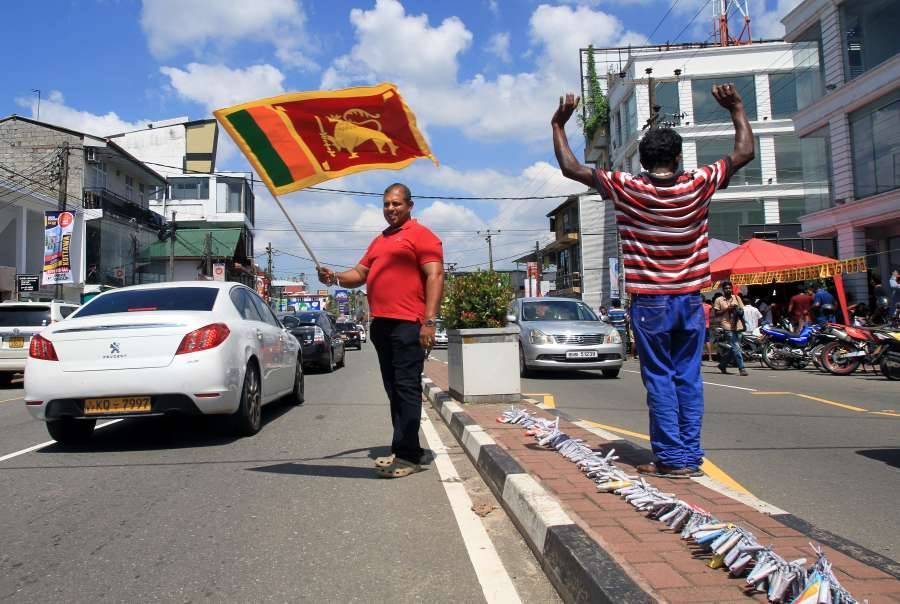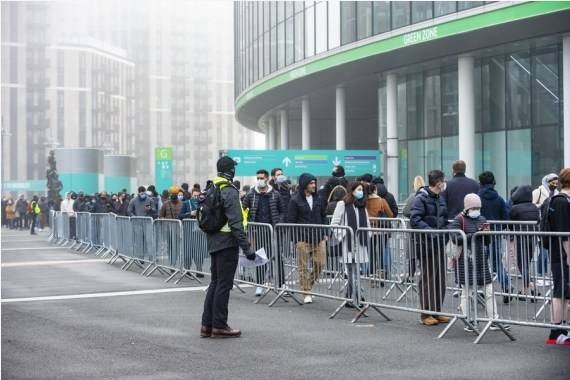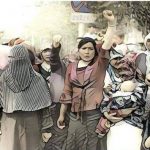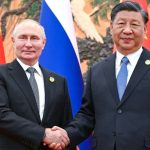The term ‘debt trap’, doesn’t capture the non-financial aspects of Chinese investments and loans in Sri Lanka, according to Asanga Abeyagoonasekera, Senior fellow at the Millenium Project and an international security analyst.
Amid the ongoing economic crisis in the country, a Sri Lankan expert has held inward policy approaches of the government along with the Chinese ‘strategic trap’ responsible for the precarious situation, the island country faces.
Saying that the term ‘debt trap’, doesn’t capture the non-financial aspects of Chinese investments and loans in Sri Lanka, Asanga Abeyagoonasekera, Senior fellow at the Millenium Project and an international security analyst said, “I call it as a strategic trap, not a debt trap.”
Abeyagoonasekera made the observation during a podcast on a YouTube channel by the name ‘Pakistonomy’.
Talking about the reasons for the current economic crisis in the country, Abeyagoonasekera said, “You have multiple inward approaches taken, one is losing the MCC grant… you have the East Container Terminal (ECT), the tripartite agreement with Japan and India (that) was swapped with the West Container Terminal (WCT), so you are losing time, you are losing money, you are losing investments.”

Sri Lanka has unilaterally pulled out of the 2019 agreement with India and Japan for developing the strategic ECT at the Colombo Port.
“How did the Chinese win so many projects (over the last few years) and how did the others keep losing them?” he further asked.
He said that the China axis has been becoming stronger in Sri Lanka, due to the Chinese capturing almost the entirety of the elites of the country.
“The problem of the Rajpaksas (referring to Prime Minister Mahinda Rajapaksa) is that you start with a balanced non-aligned foreign policy… but when it comes to practice, there is a serious bandwagoning with the Chinese,” he said.
Further talking about the recent Chinese loans and the comparisons made with the International Monetary Fund (IMF) loans, he said that the same amount of loans from the two can’t be compared as the former comes with hidden conditionalities, such as Chinese loans be used only for Chinese projects in the country and so on.
Abeyagoonasekera welcomed the move by Sri Lanka to approach the IMF for debt restructuring, saying that the IMF will bring in long term vision, and financial discipline.
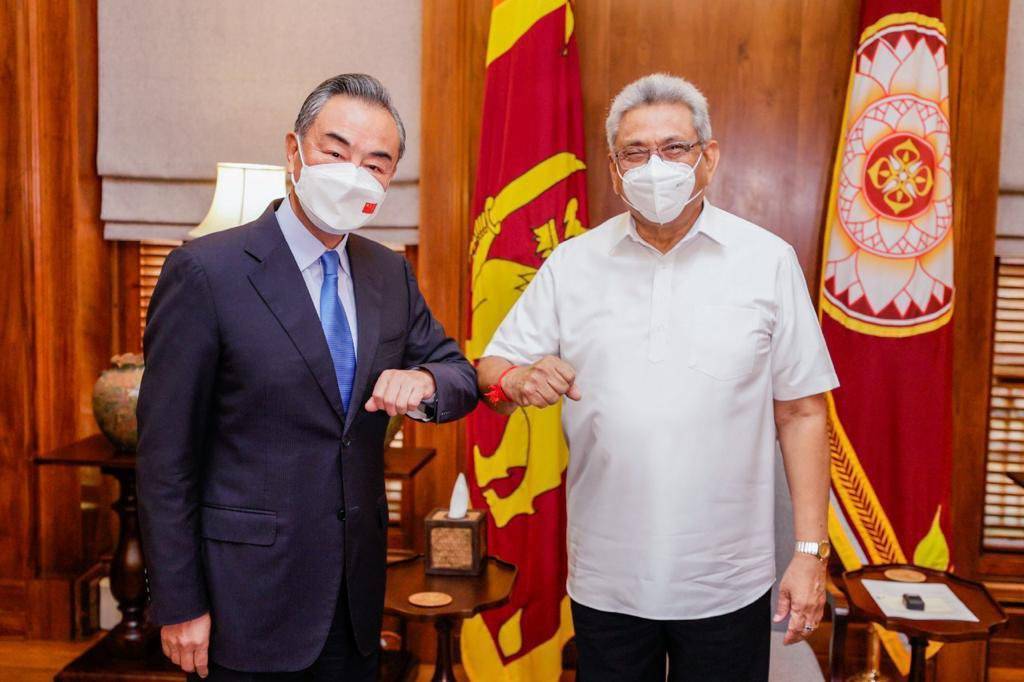
Sri Lanka’s Finance Minister Basil Rajapakse is scheduled to travel to Washington in April in order to seek IMF assistance to deal with the country’s economic crisis.
Sri Lanka’s economy has been in a free-fall since the COVID-19 pandemic due to the crash of the tourism sector.
The country’s foreign reserves have dried up and the country is facing a severe shortage of fuel and other essential commodities.
Sri Lanka’s currency has devalued by almost SLR 90 against the US dollar since March 8, as the country’s central bank attempts to stabilise the economy.
India provided more than USD 500 million in foreign currency swaps to strengthen Sri Lanka’s foreign reserves, taking the total up to USD 900 million. India also extended the repayment time frame for the USD 500 million debt of Sri Lanka under the Asian Clearance Arbitration.
More recently on March 17, Sri Lanka signed a USD 1 billion credit line deal with India for procurement of food, medicines and other essential items during Sri Lankan Finance Minister Basil Rajapaksha’s two-day visit to India. (ANI)

